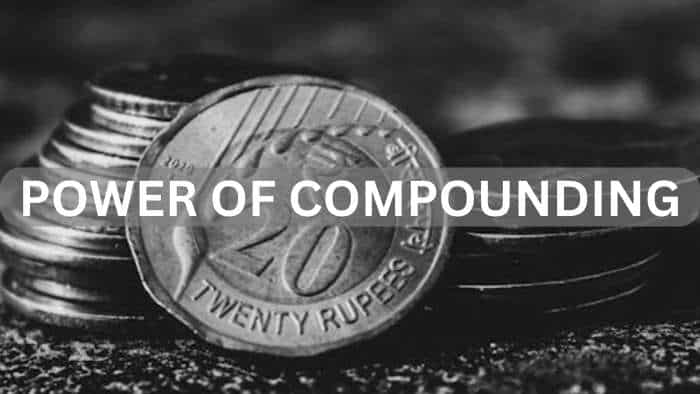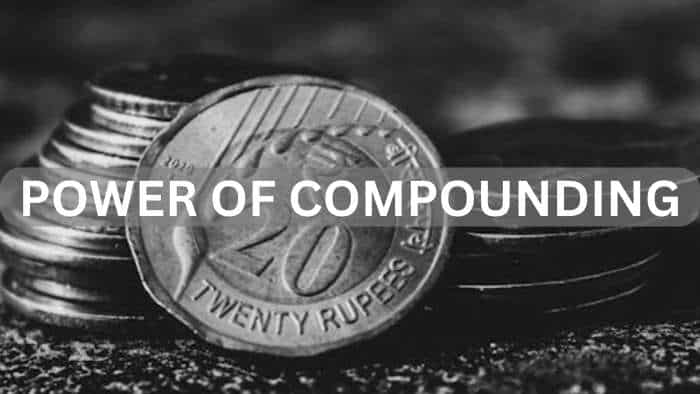Maruti Suzuki looks to deploy strong hybrid tech across model range
The auto major aims to have strong and mild hybrid technologies as part of an initiative to have environment-friendly technology elements in each of its models, enabling better fuel efficiency and reduced carbon footprint.

Betting big on green technologies, Maruti Suzuki India (MSI) plans to have strong hybrid technology across its model range in the next 5-7 years, as per a senior company official.
The auto major aims to have strong and mild hybrid technologies as part of an initiative to have environment-friendly technology elements in each of its models, enabling better fuel efficiency and reduced carbon footprint.
Battery electric vehicles, CNG cars and greater focus on ethanol and bio-CNG compliant engines would also be prioritised going ahead.
"In the next five to seven years, every model will have some element (of green technology) or the other. There will be no pure petrol powertrain across the range," MSI Chief Technical Officer C V Raman told PTI in an interaction.
He noted that the company is particularly looking to have strong hybrid technology across multiple models going ahead.
"We will definitely look at that option," Raman said when asked if all models would be candidates for strong self-charging hybrid powertrains.
"When we come up with a technology, we try to democratise it by putting it across as many models as possible," he stated.
The company's upcoming mid-sized SUV is going to have a strong hybrid system. MSI is slated to unveil the model later this month. It already offers mild hybrid technology across various models in its portfolio.
Hybrid cars combine the advantages of gasoline engines and electric motors. A mild hybrid system offers only miniscule benefits, while the strong hybrid mechanism, which entails bigger battery and related aggregates, offers considerable jump in fuel efficiency and thus reduction in carbon footprint.
Raman noted that currently in the absence of adequate charging infrastructure in the country, hybrid technology is the best way forward in the transition phase towards pure battery electric vehicles.
The self-charging hybrid mechanism not only offers reduction in CO2 emissions and enhanced fuel efficiency, but also takes care of range anxiety issues for buyers, he stated.
"It (hybrid technology) should be given its due (in terms of taxation)," Raman said when asked if hybrid vehicles should also get the taxation benefits being enjoyed by battery electric vehicles (EVs).
The total tax incidence on hybrid vehicles in the country is 43 per cent, while battery electric vehicles attract a tax of about 5 per cent.
Raman noted that all kinds of steps are required to achieve the targets set under the COP26 climate change conference.
"Strong hybrid is going to take care of some part of it...I think it is the perfect solution for helping in running the car in an eco-friendly manner," he said. "Why this eco-friendly transition is not an acceptable solution is something which people should talk about."
Elaborating on the EV scenario, Raman noted that for achieving the government targets by 2030, the entire ecosystem will have to transition in the next five years, which is going to be a huge challenge for the industry as well as the automaker.
"...The work we did in the last 30 years in conventional vehicle development, we will now have to do in eight years," Raman said.
The Union government intends to have EV sales penetration of 30 per cent for private cars, 70 per cent for commercial vehicles, 40 per cent for buses, and 80 per cent for two- and three-wheelers by 2030.
Raman noted that the country currently lacks the required scale for making such a large transition.
"These days everything is going electronic. We don't have the ecosystem. Everything will have to be imported unless the PLI (Production Linked Incentive) scheme really kicks in and is able to deliver in time and all the localisation happens," he stated.
He further said: "If we want to achieve this dream of 30 per cent electric passenger vehicles by 2030, we will have to transition this entire ecosystem in the next five years. This is a challenge.. All powertrain engineers need to transition to EVs. The entire ecosystem needs to be re-skilled, from service to component suppliers, there is a huge amount of work pending there."
It is good to have targets, one should work towards them but then you also need to put steps in place in order to realise those goals, he noted.
Citing a study, Raman said majority of the current EV buyers were charging their vehicles at home. He noted that adoption of electric cars is a challenge as around 60 per cent of car buyers park their vehicles on the roadside.
Looking at all these issues, the automaker is planning to study all aspects of the EV segment in the next 3-5 years to offer better solutions to the customer, Raman stated.
"We will look at what the EV customer wants, and accordingly take a call as to where to place our bets. This will go along with the product development," he said.
MSI plans to launch its first battery electric model in the country in 2025.
Get Latest Business News, Stock Market Updates and Videos; Check your tax outgo through Income Tax Calculator and save money through our Personal Finance coverage. Check Business Breaking News Live on Zee Business Twitter and Facebook. Subscribe on YouTube.
RECOMMENDED STORIES

SIP Calculation at 12% Annualised Return: Rs 10,000 monthly SIP for 20 years, Rs 15,000 for 15 or Rs 20,000 for 10, which do you think works best?

FD Rates for Rs 10 lakh investment: Compare SBI, PNB, HDFC, ICICI, and Post Office 5-year fixed deposit returns

LIC Saral Pension Plan: How much should you invest one time to get Rs 64,000 annual pension for life?

SIP Calculation at 12% Annualised Return: Rs 1,000 monthly SIP for 20 years, Rs 4,000 for 5 years or Rs 10,000 for 2 years, which do you think works best?

UPS vs NPS vs OPS: Last-drawn basic salary Rs 90,000 and pensionable service 27 years? What can be your monthly pension in each scheme?

Monthly Pension Calculations: Is your basic pension Rs 26,000, Rs 38,000, or Rs 47,000? Know what can be your total pension as per latest DR rates
12:20 PM IST











 Maruti Suzuki Q3 Results: Net profit rises 13% YoY to Rs 3,525 crore, revenue up 16%
Maruti Suzuki Q3 Results: Net profit rises 13% YoY to Rs 3,525 crore, revenue up 16% Maruti Suzuki Q3FY25 Earnings: Net profit up 16% at Rs 3,727 crore; revenue at Rs 38,764 crore
Maruti Suzuki Q3FY25 Earnings: Net profit up 16% at Rs 3,727 crore; revenue at Rs 38,764 crore Maruti Suzuki India to hike prices by up to Rs 32,500 across models from Feb 1
Maruti Suzuki India to hike prices by up to Rs 32,500 across models from Feb 1  Maruti Suzuki Brezza's latest campaign 'More Power to Your Play' is here, featuring Kartik Aaryan
Maruti Suzuki Brezza's latest campaign 'More Power to Your Play' is here, featuring Kartik Aaryan Bharat Mobility Global Expo 2025: From launches to major attractions, key thing to know about the grand event
Bharat Mobility Global Expo 2025: From launches to major attractions, key thing to know about the grand event